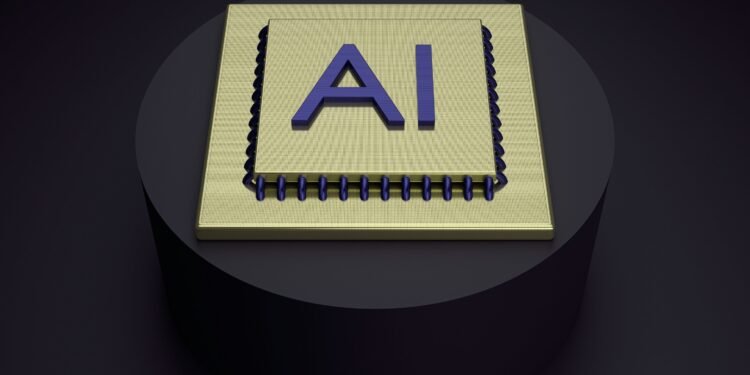
The United States and China will hold their first talks on artificial intelligence on Tuesday, with Washington set to raise concerns about Beijing’s use of the fast-emerging technology, US officials said.
The inaugural dialogue—announced without a date during Secretary of State Antony Blinken’s visit last month to Beijing—will take place in Geneva involving senior officials.
US officials said they did not expect any concrete agreements or offers of cooperation from the dialogue, but wanted a channel of communication on each country’s views and perceptions of risk.
China “has made AI development a major national priority, and of course it’s rapidly deploying capabilities across civilian as well as military/national security sectors,” a US official said on customary condition of anonymity.
The Chinese effort is often taking place in a way “that we believe undermines both US and allied national security,” he said.
“We will reiterate our concerns about Beijing’s use of AI in that regard.”
Another US official noted that Washington has previously voiced concern about the potential for election interference through AI, although the issue would not be specifically on the agenda in Geneva.
Both China and the United States are rapidly developing their AI sectors, with Washington and its allies increasingly alarmed about the capacities of Beijing’s communist authorities.
US experts have voiced alarm over the growing ability by Chinese AI engineers to produce “deep fakes”—impersonations of real or dead people.
The United States, European Union and Britain have been working to set regulations on AI in ways they say will protect individual privacy and security.
China has sought its own path on AI although it attended a major meeting last year on AI safety called by Britain.
© 2024 AFP
Citation:
US to raise concerns at first China AI talks (2024, May 13)
retrieved 13 May 2024
from https://techxplore.com/news/2024-05-china-ai.html
This document is subject to copyright. Apart from any fair dealing for the purpose of private study or research, no
part may be reproduced without the written permission. The content is provided for information purposes only.









